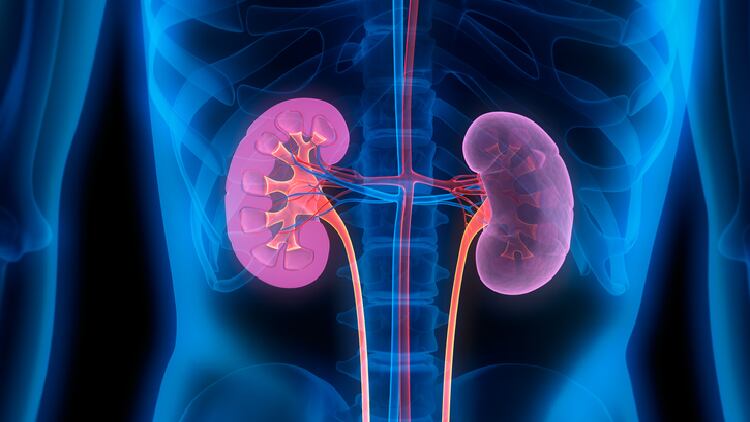It found that diabetic patients who previously took tocotrienol-rich vitamin E six to nine months earlier had a lower amount of serum creatinine – signifying better kidney function in removing bodily waste as compared to the placebo group.
For the intervention group, their serum creatinine remained relatively stable, fluctuating by only 0.82 ± 8.33 μmol/l six to nine months post washout, while that of the placebo group fluctuated by 11.3 ± 15.5 μmol/l.
The study which was recently published in Therapeutic Advances in Endocrinology and Metabolism studied the benefits of EVNol SupraBio – a tocotrienol-rich vitamin E produced by Malaysia firm Excelvite.
The trial recruited diabetic patients who attend regular diabetic reviews at the Clinical Research Centre (CRC) in Monash University, Sunway Campus, and the CRC of Clinical School Johor Bahru.
A total of 54 patients participated, with most suffering from 3A chronic kidney disease.
In the 12-week study, the intervention group was given 200mg of the high-dose tocotrienol-rich vitamin E twice daily, while the control group was given placebo.
This is followed by a washout period of six to nine months.
To determine the effectiveness of the supplement, the estimated glomerular filtration rate (eGFR) and serum creatinine were measured.
A lower serum creatinine and a higher eGFR denote an improvement in renal function.
After 12 weeks of supplementation, the intervention group’s mean serum creatinine dropped 3.3μmol/l, while mean eGFR increased by 1.48 ml/min/1.73 m2.
In contrast, the control group’s mean serum creatinine grew by 5.36 μmol/l, while mean eGFR dropped by 2.89ml/min/1.73 m2.
Nine months after the washout period, the downward trend of serum creatinine in the intervention group continued, while that of the control group continue to increase.
Other than changes in serum creatinine level and eGFR, there was no significant difference in the amount of TNFR-1 – a marker of inflammation that is linked to end-stage renal failure – between the intervention and placebo groups.
There were also no differences in other health indicators, such as blood pressure.
The researchers said the supplement “may be used as an adjunct to standard diabetic therapy to delay the progression of diabetes nephropathy,” as well as an adjunct “to good, stable glycemic control.”
Baseline matters
Analysis also showed that the supplement was exceptionally beneficial for improving renal functions of patients with low baseline vitamin E levels.
In contrast, for patients with high baseline vitamin E levels, the supplement neither boosted their serum tocopherol levels nor improved their renal function.
Mechanisms
Based on the results, the researchers hypothesised that the anti-inflammatory properties of tocotrienol has improved renal function by reducing VCAM-1 – an adhesion molecule linked to diabetic kidney inflammation.
They noted that multiple regression needs to be conducted to confirm the hypothesis.
They also suggested to look into more than 500 subjects and a longer period of follow up to test the hypothesis for future study.
Source: Therapeutic Advances in Endocrinology and Metabolism
Tocotrienol-rich vitamin E improves diabetic nephropathy and persists 6–9 months after washout: a phase IIa randomized controlled trial
DOI: 10.1177/2042018819895462
Authors: Gerald Chen Jie Tan, et al


